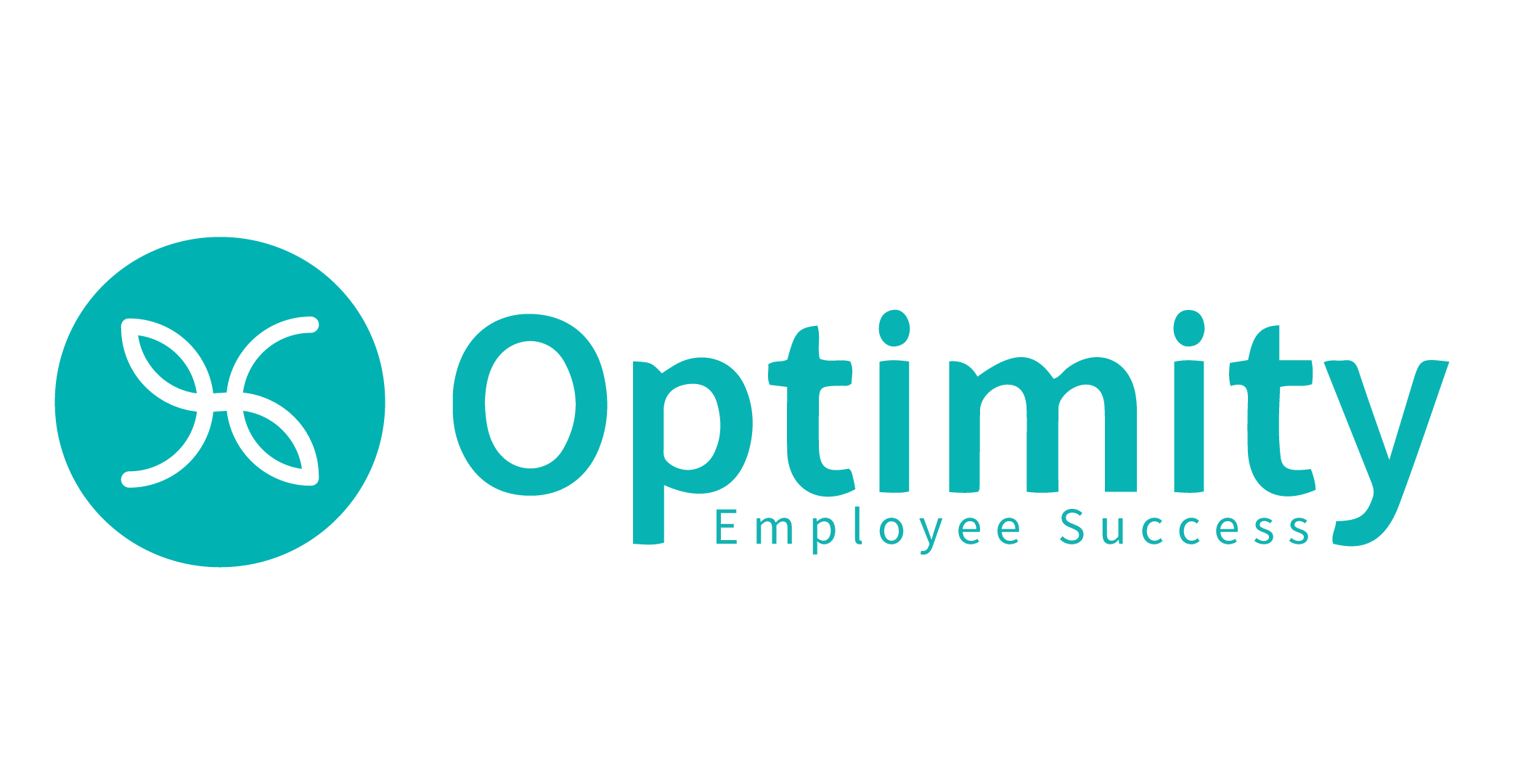TIME STAMP: 3 MINUTE READ November is National Diabetes Month. It's an opportunity to raise...
Nutrition Fads to avoid for 2018
TIME STAMP: 4 MINUTE READ
Every year there are dozens of new diet plans, hacks and tricks that the media create that all claim to help you achieve better health, or lose weight. Some even claim to help you do it in less than a week! And while these diets might work for the short term, some of them are not sustainable, and can even have a negative effect on your body. Here are our top 4 nutrition fads to avoid in 2018.

Ketogenic Diet
The Ketogenic diet takes low-carb to a whole new level, and suggests that only 5 percent of your calories come from carbohydrates. The goal of this diet is to put your body in a state of ketosis, which is suggested to increase the body’s breakdown of fat stores. While the Ketogenic diet can supress your appetite, ketosis is actually considered a survival mechanism of the body and can cause a severe lack of energy and headaches. And did we mention the fact that fruit is usually off limits too? While the ketogenic diet may work for some, we don’t recommend any diet that cuts out entire food groups like carbohydrates.
Alkaline Diet
The idea behind the Alkaline diet is that the food you eat has an effect on the body’s internal pH level. It claims that by avoiding acidic foods, and increasing your intake of alkaline foods that your health will be boosted and could even prevent diseases like cancer. The diet focuses on eating alkaline foods such as fruits, vegetables, beans, nuts and seeds, and while a predominantly plant based diet is good for you, the BDA have spoken out saying that there is no science behind it. “This diet is based on a basic misunderstanding of human physiology,” says the BDA, “While encouraging people to eat more fresh vegetables is a good thing, the pH of your food will not have an impact on the pH of your blood – and you wouldn’t want it to!” Our bodies are designed to constantly regulate our pH level, so there really is no need to specify your diet to do so.
Soup Diet
The soup diet follows the same basic principals as juicing, except you drink soup. Soup has a variety of health benefits as you can really add whatever health foods you like in there, but it should accompany your diet, not be the sole contender. The problem with soup diets are that they usually contain far too little calories, and are likely to miss out on key nutrients such as protein and fiber. Another con to this diet is that they can be time consuming to make, but if you buy them then you are likely adding unnecessary sodium to your diet. Soup is a great addition to a health diet, just don’t make it the only thing on your dinner table.
Coconut Oil
Coconut has been very popular for the past few years and continues to be used in everything, from milks, to water and even ice-cream. Coconut oil has even replaced other oils as a house hold staple and it is believed to be metabolized differently than other oil in a way that leads to less fat production, but unfortunately it is still high in saturated fat. Saturated fat has been proven to be linked to heart disease, so while coconut oil might be popular now, there is still no concrete evidence that it is actually better for you. If you do include coconut oil in your diet, just remember to not overdo it.
While the above are things that we do not recommend, we do recommend keeping a healthy, balanced diet and finding something that works well for you. Our top tips for keeping a balanced diet are:
- Eat a healthy balance of carbs, proteins and fats. Usually around 45% carbs, 30% protein and 35% healthy fats.
- Avoid artificial food! Stick with real foods such as fruit, vegetables, nuts and wholegrains and avoid heavily processed and packaged foods.
- Set healthy limits. While we would never promote counting calories, listen to your body and if you are full, then stop eating! But if you find yourself getting a little tired throughout the day, then alter your diet to include a bit more energy boosting food.
- Increase your greens as much a possible. The majority of your diet should be greens and because they have so much fiber, you will feel more satisfied when eating them.
The diet and health food industry are always evolving and coming out with new fads and diets, but it’s important to remember to look in the right place for advice. Just remember that dieticians are the only professionals that are regulated by law to give expert, science-based guidance.
Share a bit of #Health and #Joy with colleagues, friends and family - download Optimity




